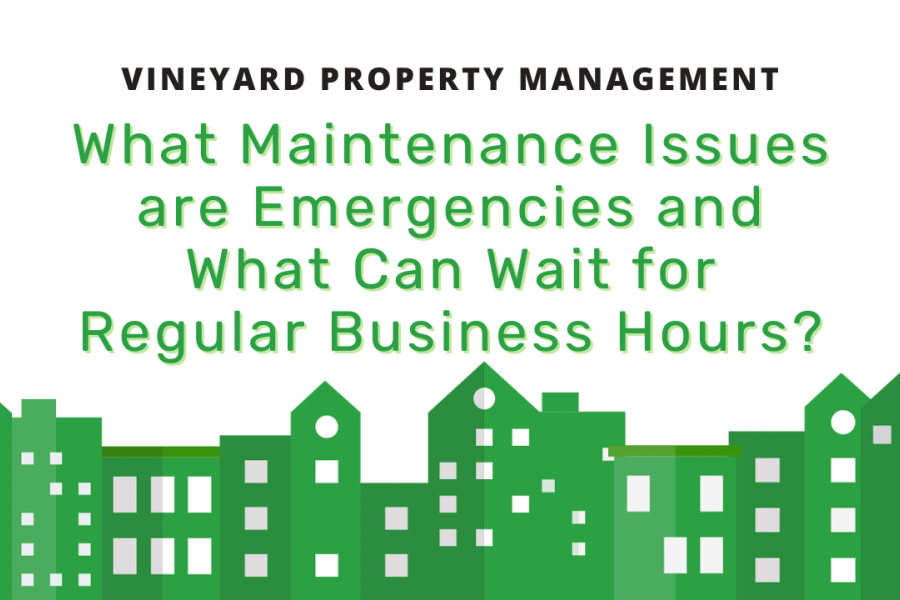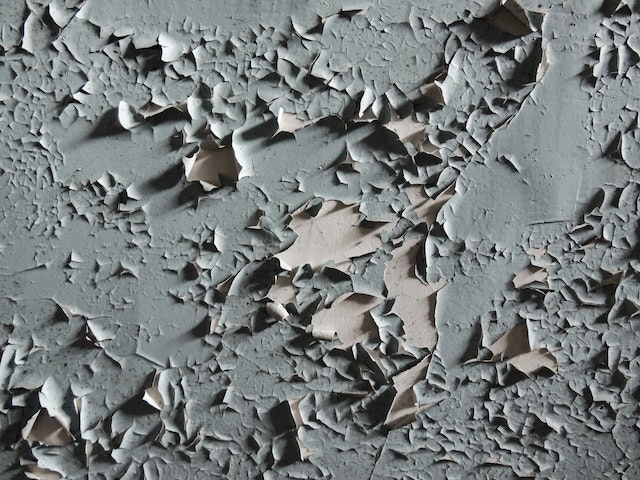
Have you ever been jolted awake by a late-night call from a tenant reporting a maintenance issue? As a landlord, it's essential to discern between genuine emergencies and matters that can wait until the morning light.
This distinction not only helps in efficiently managing your properties but also ensures the safety and satisfaction of your tenants.
Dive into our guide to understand the difference between urgent maintenance concerns and those that can patiently queue up for regular business hours.
Your peace of mind and perhaps a good night's sleep may just be a few paragraphs away!
What is Considered Rental Property Emergency Maintenance?
Rental property emergency maintenance refers to urgent issues that pose an immediate threat to the safety, health, or security of the tenant or could cause significant damage to the property if not addressed promptly.
These are situations that cannot wait until regular business hours for resolution. They do not include normal wear and tear. Recognizing them swiftly ensures both the tenant's well-being and the preservation of the property's value.
Here are some commonly recognized rental property emergency scenarios:
● Water Leaks and Flooding: An uncontrolled water leak can quickly cause significant damage, leading to mould growth, structural damage, and electrical issues
● Gas Leaks: These pose immediate fire and health risks. If a tenant reports a gas odour, it should be treated as a top priority.
● Electrical Outages or Hazards: Exposed wiring or a total power outage, especially in extreme temperatures, can be dangerous
● No Heat: During cold winter months, a non-functioning heating system can be life-threatening
.jpg)
● Broken Locks/Windows: Anything that compromises the security of the tenant, such as a broken front door lock or easily accessible broken window, needs immediate attention
● Fire: Any signs of fire or conditions that can lead to a fire, like malfunctioning appliances or electrical issues, are a clear emergency
● Sewer Backups: These can pose health risks due to exposure to harmful pathogens
What is Not Considered a Maintenance Emergency?
While emergencies demand immediate attention, not every maintenance request falls into that category. It's essential for landlords and property managers to recognize what is and isn’t an emergency to allocate resources efficiently.
Investing in regular property maintenance can help you save money and time in the long run.
Here are some issues typically not considered emergency maintenance:
● Minor Leaks: A drip from a faucet or a minor leak under the sink, while inconvenient, can typically wait for business hours
● Appliance Malfunctions: Issues like a broken dishwasher or oven can be inconvenient but aren’t typically emergencies unless they're causing safety concerns or further damage
● Pest Issues: The occasional spider or ant is not an emergency. However, if there's a severe infestation, the situation might escalate in priority
● Cosmetic Concerns: Things like small carpet stains, chipped paint, or worn-out finishes, while they need addressing, aren't urgent

● General Maintenance Requests: Loose door handles, squeaky doors, or a burnt-out light bulb in a non-critical area usually don't require immediate action
● Internet/TV Issues: Unless it’s specifically mentioned in the lease agreement, disruptions in services like Internet or TV usually aren't the landlord’s responsibility and, even if they are, aren't considered emergencies
● Clogged Drains: Slow-draining sinks or tubs, while they can escalate if ignored, usually aren't immediate emergencies
Tips for Handling Rental Property Emergency Maintenance
Being a landlord is not just about collecting rent; it's also about ensuring the safety and comfort of your tenants. A crucial aspect of this is how you handle emergency maintenance situations. Here are some simple and easy-to-understand tips that will guide you in navigating those challenging times:
1. Stay Reachable
Even if you can't immediately fix an issue, being available for your tenants in an emergency is vital. Ensure they have a direct way to contact you, so they're not left feeling stranded in a crisis.
2. Keep a List of Emergency Services
Beyond the usual emergency services (like the police or fire department), it's essential to have a list of 24/7 vendors for critical issues. Think plumbers for burst pipes or electricians for power outages.
3. Prioritize Open Communication
After your tenant has reported an emergency, keep the lines of communication open.

Whether it's updating them on a repairman's ETA or advising them on immediate steps to minimise damage, regular updates can reduce stress for both parties.
4. Understand Your Responsibilities
It's crucial to differentiate between emergencies that require immediate attention and those that can wait. For instance, structural issues or health hazards should be addressed right away, while minor issues can follow regular procedures.
5. Address the Key Concerns
In the aftermath of an emergency, clarity is essential. Understand the extent of the damage, potential liabilities, and whether the tenant needs immediate support like temporary housing.
6. Adopt a Mindset of Understanding
Emergencies are stressful for everyone involved. As a landlord, you might be worried about your property, but remember, your tenant might be scared or frustrated. Approach every situation with empathy and understanding.
7. Document Everything
While emergencies often start with a phone call, always follow up with written documentation. Whether it's recording the details of the event, the repairs required, or follow-up actions, maintaining a written record can prevent future disputes.
Handling emergency maintenance requires a blend of preparation, quick thinking, empathy, and clear communication. Your tenants will surely appreciate a landlord who can manage these situations calmly and efficiently.
How Rental Property Managers Can Help?
Hiring a rental property management company offers landlords unparalleled peace of mind when it comes to the maintenance of their rental units.
.jpg)
These companies bring with them a wealth of experience and expertise, ensuring that every maintenance issue, big or small, is addressed promptly and efficiently.
Instead of landlords grappling with late-night emergency calls or seeking reliable handymen, hiring a dedicated property management team will have established relationships with trusted contractors and service providers.
They conduct regular property inspections to preemptively identify potential problems, saving landlords from costly repairs in the future. Furthermore, by ensuring that the property is always in top condition, these companies play an instrumental role in preserving the property's value and ensuring tenant satisfaction.
Bottom Line
Distinguishing between maintenance emergencies and non-urgent issues is crucial for the longevity of your property and the safety of its occupants.
Remember, not all problems require immediate attention, but knowing when to act promptly can save you from larger headaches down the road. If you're unsure or overwhelmed, consider entrusting your property to professionals.
Hiring a property management company, like Vineyard Property Management, can provide peace of mind, ensuring your property receives timely and appropriate care. Let the experts guide you, so you can rest easy, knowing your investment is in safe hands.
